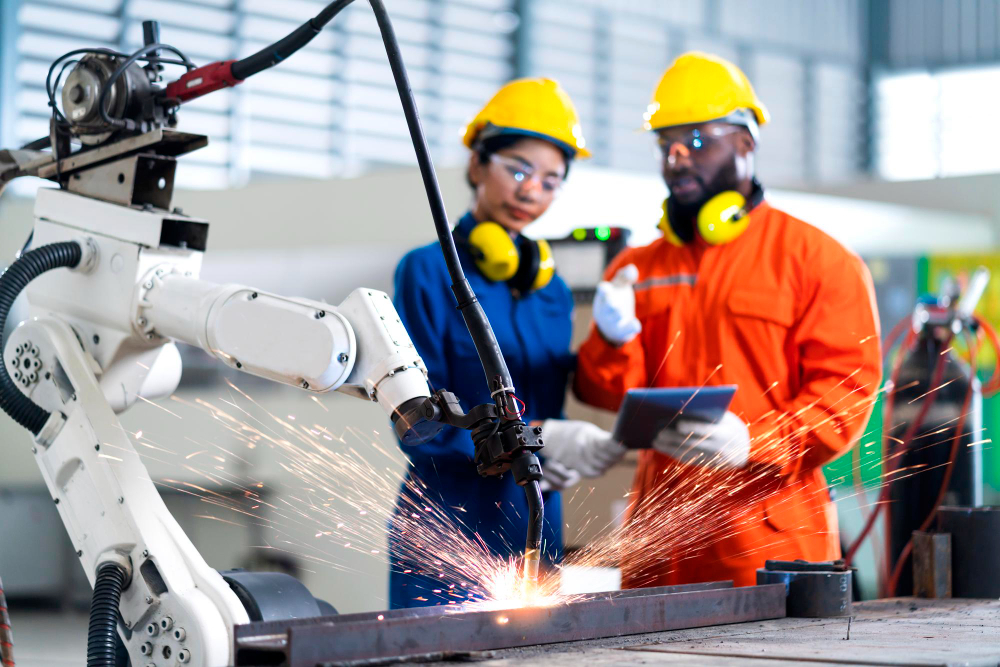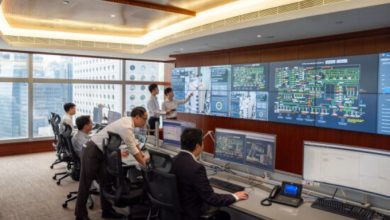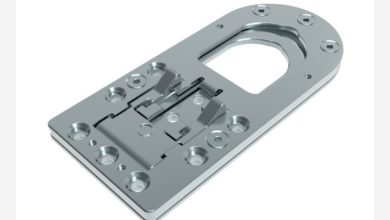
What is smart manufacturing? The National Institute of Standards and Technology (NIST) says, it describes it as collaborative manufacturing systems that are completely integrated and can adapt in real-time to changing circumstances in the factory, the supply chain, and the needs of customers.
Smart manufacturing is a crucial aspect that will empower the Industrial Revolution 4.0 (IR4.0), leveraging the use of the Internet of Things (IoT), cloud computing, AI, automation, and other advanced technologies to gain deeper insights into an organisation’s internal dynamics. As such, it has become a top priority for enterprises, with Vantage Market Research predicting that the global smart manufacturing market is expected to reach USD $237.4 billion in terms of revenue by 2028, growing at a Compound Annual Growth Rate (CAGR) of 18.10%.
Improvements in production agility, worker safety, and service continuity are three areas, where smart manufacturing may help enterprises step up their game. For an in-depth look at how smart manufacturing might help your business, consider the following five benefits:
- Identification and Mitigation of Bottlenecks: Manufacturers may get a clear picture of what’s going on in the factory by keeping track of operating equipment data such as cycle time, downtime, and uptime.
- Operational Performance: Waste reduction, anomaly identification, asset utilisation, and downtime are just some of the real-time actionable insights that may be derived by data analytics. This knowledge allows for more calculated and fruitful company decisions which fuels expansion.
- Predictive Maintenance: Deploying machine-learning models based on collected data allows for improved product quality and preventative maintenance. Predicting and averting disruptions before they impair operations is a key use case for machine-learning.
- Data Distribution: Conventionally, manufacturing companies gather data as part of their operations but this data is often segregated and only accessible to operational or IT staff. A smart manufacturing platform may give a more detailed overview by producing data insights, such as real-time performance and desired benchmarks, that can be disseminated throughout the whole organisation to increase improvement, and drive better supply chain efficiency.
- Morale and Productivity: Remote device management and data access are key features of smart manufacturing. Since the pandemic, it has become clear that remote operations give employees a great deal of autonomy, improving responsiveness, quality, and productivity.
Data is Powering the Industrial Revolution
Among the biggest hallmarks of smart manufacturing is the sheer amount of data it leverages in real-time from a myriad of integrated machines and sensors; to create a data manufacturing process that is highly intelligent, adaptable and collaborative.

In short, data is king and if your organisation wants to take steps towards embracing the smart manufacturing future, you need to have a solid data foundation to make it happen. It isn’t just about taking on the most exciting, emerging smart technologies like digital twins, industrial IoT, the metaverse, 5G and the like. Take a step back, and consider whether your Enterprise Resource Planning (ERP) will meet your future requirements. In many ways, the ERP is essential to smart manufacturing because it is the central location where data is collected, maintained, shared, and made available for use by other systems. Rapid advances in automation technologies such as AI coupled with IoT and decision analytics are beginning to transform the way resources are produced and consumed within organisations. The greater use of energy-efficient technologies in factories, and businesses and the growth of renewable energy sources are changing the demand for resources. Businesses are making technology-driven transformations by implementing smart solutions to improve productivity and efficiency within the organisation.
Therefore, as you move towards the factory of the future, your ERP system must have capabilities that include:
- Industry-readiness
Built to handle the unique demands of distribution, manufacturing and contracting industries, pre-configured and ready to deploy. - Flexibility, versatility and scalability
Able to keep up with your organisation’s growth and changing requirements, allowing a host of applications to work with a single source of data, and comes equipped with workflow, analytics, document management and flexible integration mechanisms. - Simplicity
Delivers a simplified user experience, Plan-to-Produce, order-to-cash and supply chain management, with seamless API integration with other enterprise systems. - Robust processes and security
Offers improved visibility to efficient business operations, better financial management and reporting, efficient workforce planning and enterprise-grade security. - Interoperability
Provides a platform designed to connect and integrate all the physical digital resources of the plant enabling traceability across all of the production process chains.
Overcoming Adoption Challenges
In light of the present economic climate, some company owners may be wary about making investments in smart manufacturing. A survey by the Information Services Group (ISG) found that despite there being a widespread interest in the concept, many organisations are struggling with its adoption, and up to 70% are making slow to minimal progress on their smart manufacturing roadmap.

If manufacturers wish to keep up with the ever-changing needs of consumers in the IR4.0 era, they must make investments towards smart manufacturing transformation, starting with its data foundation. Experts suggest for any organisation considering transformation journey should start with preparing an IR4.0 blueprint for its business to identify the benefits it wants to achieve and the technology it would like to use and the impact on the business model and infrastructure expected.
Although making the change might be intimidating, you do not have to face it alone. Azentio Software, for instance, is among the most prominent IT firms offering the answer to a superior ERP solution for efficiency and operational effectiveness.
Azentio ONEERP is a great example of an all-inclusive, multi-user, enterprise-level Smart Manufacturing solution that gives you more command over your business operations, and facilitates better decision-making at a lower cost. Azentio ONEERP Smart Manufacturing solution will deliver, but is not limited to, the following:
- Manufacturing data analytics
- Halal-certified manufacturing system
- Financial process optimisation
- Comprehensive procurement framework
- Supply and demand forecasting
- Inventory management
Together, Azentio ONEERP’s analytics, corporate services, and end-user service delivery boost productivity across your organisation and out to your customers, partners, and suppliers.
You can start striving towards manifesting your vision of the factory of the future by digitalising foundational capabilities that drive agile, integrated operations, and unleash smarter productivity today with Azentio ONEERP.





